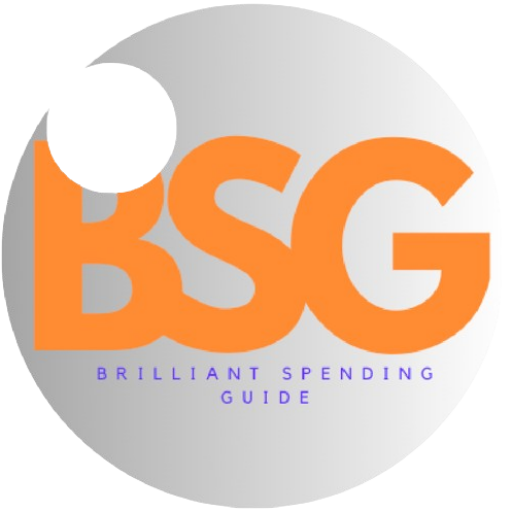Streamlining your expenses and simplifying your finances can bring greater freedom and a sense of empowerment. Adopting a minimalist budget is about allocating your money efficiently to gain control over your financial life and, ultimately, your time. It’s an approach that focuses on conscious spending, reducing unnecessary costs, and maximizing the impact of every dollar spent. This method can be life-changing, helping you achieve financial stability, save for the future, and even enable early retirement.
The basic principle of minimalist budgeting is allocating your income across three primary categories: needs, wants, and savings/investments. By distinguishing between ‘needs’ and ‘wants’, you can easily identify areas where you’re overspending. This awareness puts you in the driver’s seat, allowing you to make informed decisions about your money. For instance, you might choose to cook at home instead of dining out frequently, realizing that the latter is a ‘want’ rather than a ‘need’. This simple shift can significantly reduce expenses, giving you more money to allocate to other areas of your budget.
A minimalist budget also emphasizes the importance of saving and investing. Automating these processes ensures a consistent allocation of funds towards your future goals. Setting up automatic transfers to savings accounts or investments ensures that saving becomes a natural part of your budget, rather than an afterthought. This way, you can build an emergency fund, save for a dream house, or invest for retirement without feeling overwhelmed by complex financial strategies.
Minimalist budgeting often involves reducing expenses related to ‘wants’ to increase funds for savings and essential needs. This might include cutting back on impulse purchases or unnecessary subscriptions. However, it’s crucial to understand that this doesn’t mean depriving yourself of all joys and comforts. Instead, it’s about being mindful and intentional with your spending. For example, you could allocate a specific amount for ‘want’ expenses each month, ensuring you stay within a reasonable limit while still enjoying the things you love.
Another critical aspect of minimalist budgeting is tracking your expenses. Utilizing budgeting apps or spreadsheets to monitor your spending helps you quickly identify areas where you might be veering off course. This allows for course corrections and a more thoughtful approach to your finances. Additionally, keeping a close eye on your expenses can help you set more realistic budget allocations for the future, ensuring your plan is tailored to your actual spending habits.
The minimalist budgeting philosophy is all about gaining control and freeing yourself from financial worries. By simplifying your budget and spending wisely, you can achieve greater financial freedom and security. This approach empowers you to make conscious choices, save for the future, and live a life aligned with your values and aspirations. With a minimalist budget, you’re taking charge of your financial journey, one thoughtful step at a time.
Remember, the key tenets of a minimalist budget include distinguishing between needs and wants, automating savings and investments, being mindful of impulse purchases, and tracking expenses to make informed decisions. This method enables you to efficiently manage your finances, providing a clearer path toward financial stability and freedom. By adopting this budgeting philosophy, you’ll develop a healthier relationship with money and gain a sense of empowerment in all areas of your financial life.
In conclusion, embracing a minimalist budget is about discovering the power of simplicity in your financial life. It’s a journey towards financial freedom and security, one that empowers you to make conscious choices and take control of your money. By streamlining your expenses and saving intentionally, you’ll find yourself on a path to achieving your financial dreams and living a life of greater abundance and purpose. So why wait? Take the first step towards financial minimalism and experience the freedom it brings.
Start by evaluating your values and priorities, and let those guide your financial decisions. With a minimalist budget, you’ll be surprised by how far your money can take you when spent wisely and intentionally.

